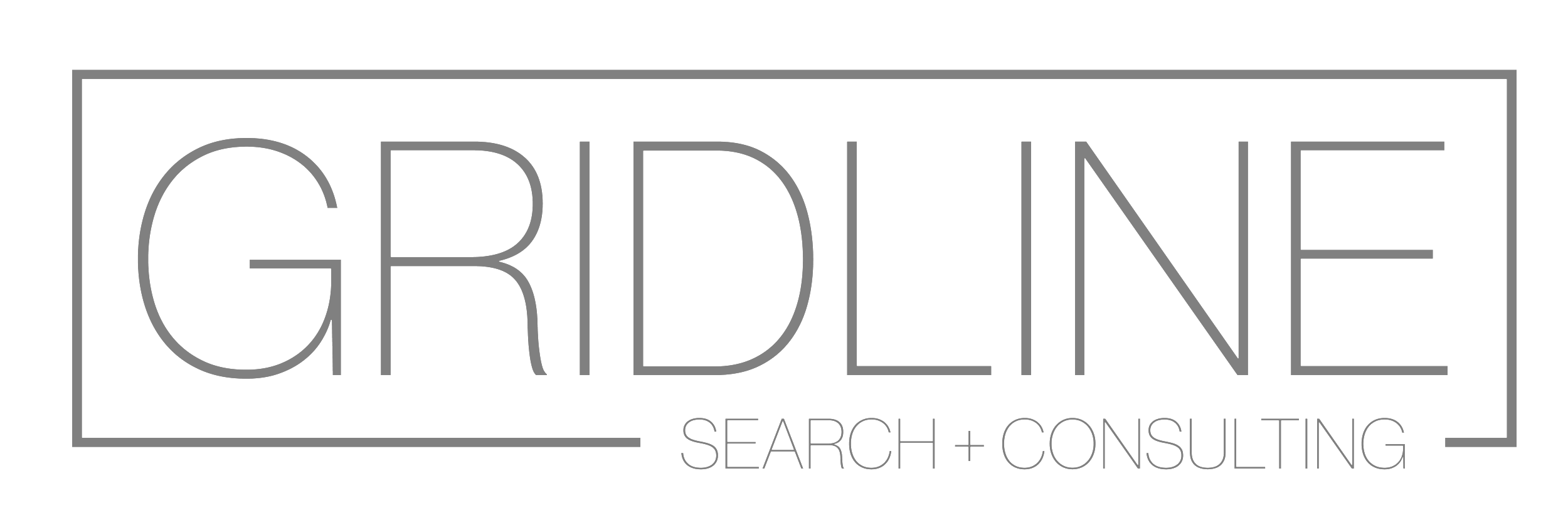Leaving NYC as a BigLaw Associate
New York City is by far the largest training ground for BigLaw associates. There are roughly 2x as many BigLaw associates in Manhattan alone than there are in the second biggest legal market in the U.S.: Washington, DC. Much of the legal work revolves around New York's status as a global financial capital. As a result, every type of transactional work is available and prevalent in the market including work for investment banks, commercial banks, private equity funds, hedge funds, mutual funds and all the companies that are financed by them. Litigation and regulatory work often revolves around the financial industry as well.
Many associates that work at BigLaw firms in NYC live in Manhattan close to the office. With New York being a 24/7 city, this is tempting. You can eat, run errands, go to the gym, etc. at all times of the day, and then pop in and out of the office when you need to do so. However, this level of convenience may be less important to you as you get older and start to look for more separation between your work life and your home life.
If you've thought about leaving the New York City legal market, now is a good time (see my FAQ on relocation). For junior and midlevel associates specifically, there are a few common reasons to consider it:
Leaving NYC for large peer legal markets like San Francisco and Washington, DC. The two second largest legal markets in the U.S. are the Bay Area and DC metro area. Both of these markets are notable for their sophistication of clients, as well as large deals and matters. In the Bay Area you'll find a good number of corporate opportunities. In fact, there are many firms around San Francisco that appreciate associates with transactional training at NYC firms. They look to hire attorneys that have worked in NY-style practices like debt finance, M&A, capital markets, funds, private equity and most other types of corporate specialties. Likewise, firms in the DC market appreciate attorneys with New York experience, particularly those with litigation and regulatory experience. The firms in the DC market don't hire as many entry level attorneys as the NY market. Thus, they look to the lateral market often to fill junior and midlevel needs. Additionally, it's relatively easy to waive into the DC bar from NY.
Leaving NYC to service a different client industry. As noted above, most (though certainly not all) BigLaw work in NYC revolves around the international finance industry. If you want to shift your client focus to a different type of industry, a different legal market may make a lot of sense. Examples include Los Angeles for entertainment; San Francisco or Boston for technology; Boston, San Diego or Philadelphia for health care; Texas or San Francisco for energy; and Chicago or Atlanta for Fortune 500 companies.
Leaving NYC to change your work/life balance. If you're moving to another BigLaw firm in another geographic market, you are still going to work hard. But there is less of a 24/7 in-office culture in markets other than NYC. In part because other city centers still tend to shut down after typical working hours, you might find more attorneys that work remotely or log in from home. Technology is making this easier and more efficient for employers of all types.
Leaving NYC for a general change or to develop broader skills. The practice of law is becoming more and more portable. With the advent of the Uniform Bar Exam, it's become easier to relocate as a lawyer from a credentials perspective. And the legal industry as a whole continues to be streamlined, more efficient and consolidated through law firm mergers. Sometimes at NYC BigLaw firms, you can feel like you are becoming too specialized. Because there are so many different types of legal services needed in NYC, specialization makes sense from a business perspective. But if you want to remain in BigLaw while developing a more generalist practice, then moving to another legal market might make sense for you.
If you are thinking of leaving NYC, you'll want to talk to a recruiter that has a network of connections across the major markets. Given my connections, one of my recruiting specialties is associate relocation.
